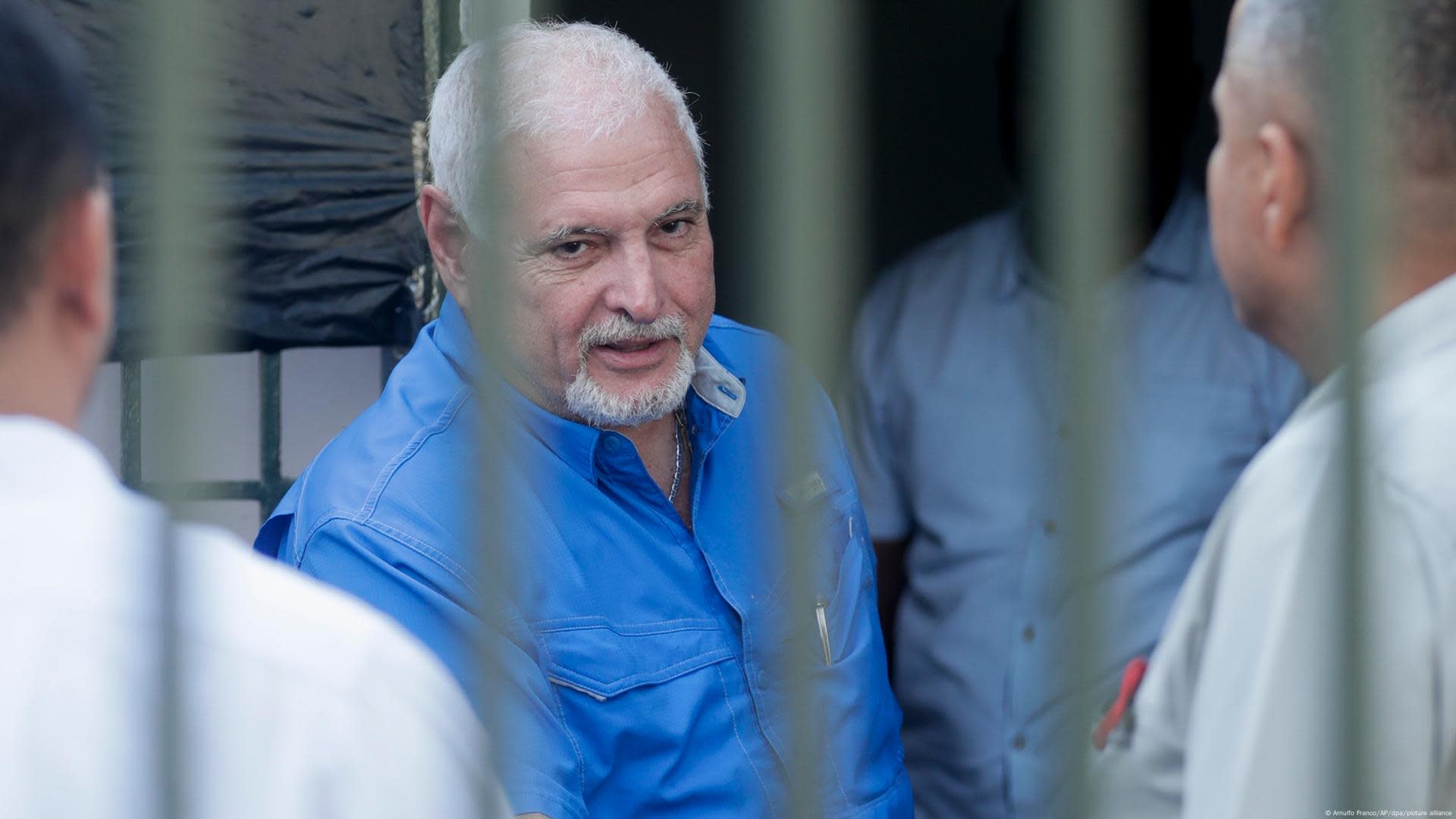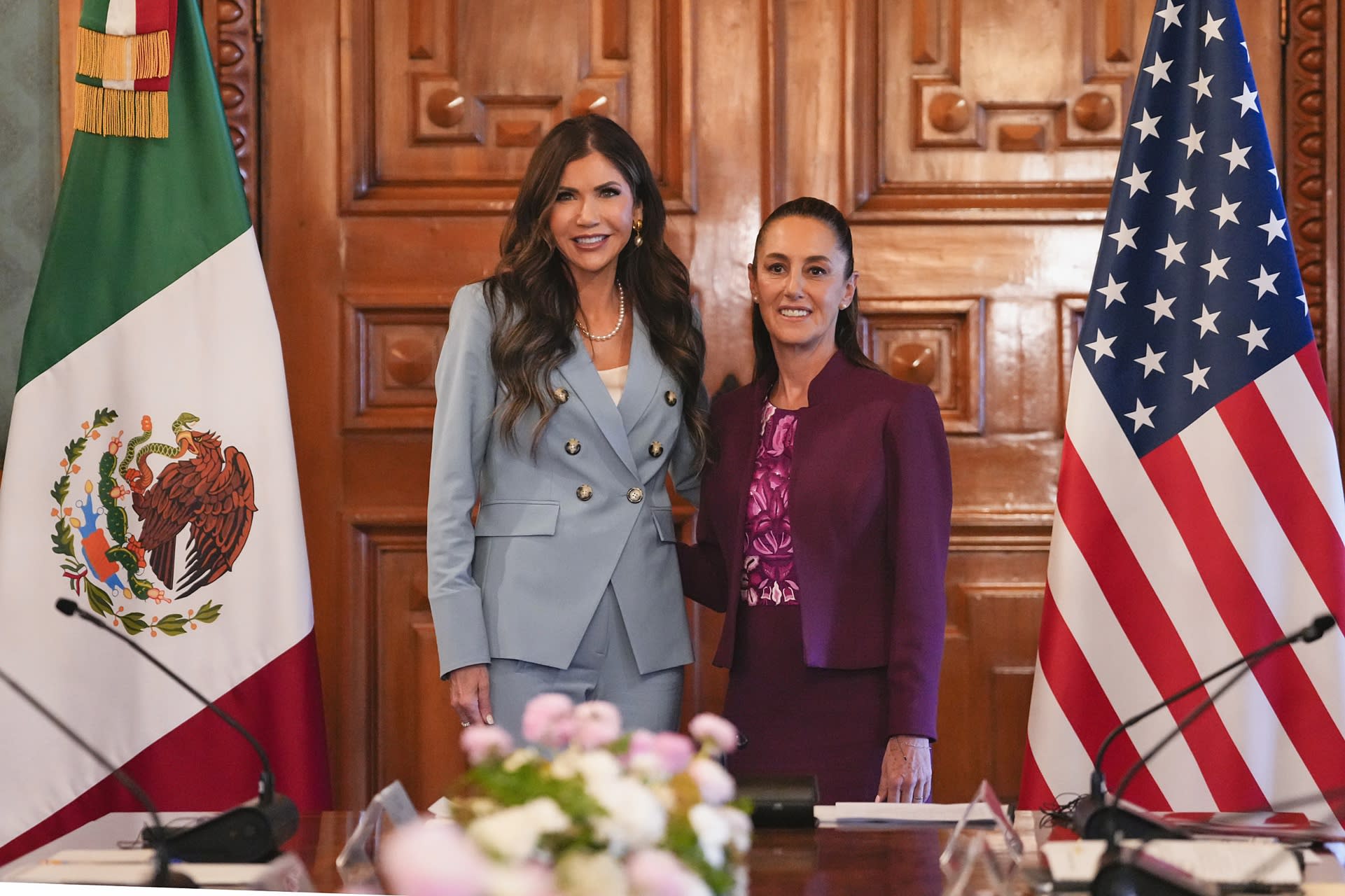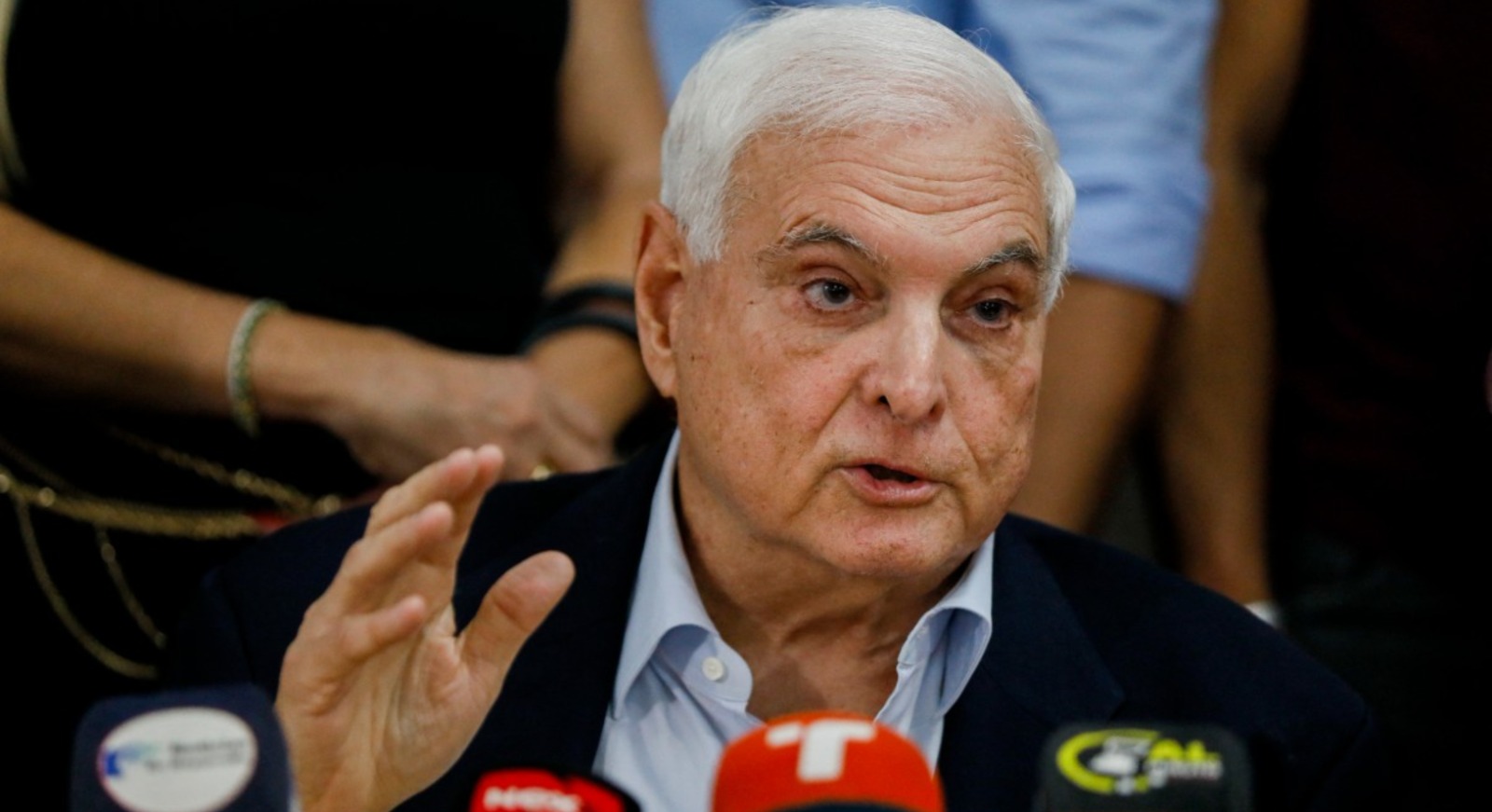Central America
El Salvador extends state of emergency to curb gang violence

AFP
El Salvador’s lawmakers on Sunday extended a state of emergency for another month at the request of President Nayib Bukele, after it was imposed in late March to stamp out a wave of deadly gang violence.
The measures were initially enacted March 27 after a weekend in which 87 people were killed in gang-related violence, expanding police powers so that they could arrest members without a warrant.
Since then, more than 16,000 people have been arrested, and Bukele on Sunday requested lawmakers to extend the state of emergency for another month.
After summoning members to a session, Ernesto Castro, president of the Legislative Assembly — controlled by Bukele’s ruling party — declared that they had approved the extension, by 67 out of 84 votes.
The new decree states that “security conditions persist which urgently demand the extension… due to the continuation of the circumstances which motivated it,” he said.
Once Bukele signs the decree, the extension begins on Tuesday.
Besides arrests without a warrant, the emergency measures also restrict freedom of assembly, while telephone calls and emails can be intercepted without a court order.
Also on Sunday, they approved another law to “simplify and facilitate” the acquisition of tax-free goods and render services by the government to address the emergency.
The authorities have said they are planning to build new prisons to hold the thousands of gang members they detain.
– Crackdown –
Bukele hailed the extension, calling it “the definition of democracy.”
“More than 1,000 terrorists captured on this day alone. More than 17,000 in just 30 days,” he tweeted. “We continue… #WarAgainstGangs.”
The wave of detentions is unprecedented in a country that has suffered decades of violent crime driven by powerful gangs such as Mara Salvatrucha (MS-13) and Barrio 18.
The country’s gangs have about 70,000 members, of whom 32,000 are now incarcerated as a result of the crackdown, according to authorities.
Lawmakers had also approved in early April a reform to punish gang members with up to 45 years in prison — a sharp increase to the original maximum penalty of nine years.
Other legislation also approved this month criminalizes disseminating gang-related messages in the media, with penalties of up to 15 years in jail. Journalists have warned that this reform could target certain forms of reporting.
El Salvadoran NGOs asked the judiciary this week to declare that legislation unconstitutional.
Such broad and swift enactment of powers granted to the military and police has drawn alarm from local and international human rights organizations.
The 40-year-old president, elected in 2019, enjoys broad support in El Salvador over his promises to fight organized crime and improve security in the violence-wracked country.
Central America
Panama grants Martinelli 72-hour extension to travel to Nicaragua

On Monday (March 31, 2025), Panama extended the safe-conduct pass for former President Ricardo Martinelli by three more days to allow him to travel to Nicaragua, after the Central American country refused to receive him due to concerns over an alleged Interpol arrest warrant.
“The National Government has decided to extend the validity of the safe-conduct pass for an additional seventy-two (72) hours, until the end of Thursday, April 3, 2025,” the Panamanian Foreign Ministry stated in a communiqué. The original permit was set to expire Monday at midnight (05:00 GMT on Tuesday).
The Foreign Ministry explained that regarding the ‘humanitarian asylum’ granted to Martinelli last Thursday, which was set to expire Monday at midnight, the Nicaraguan government requested clarifications about an apparent Interpol alert, which had already been dismissed as inadmissible.
Additionally, the Panamanian Supreme Court of Justice, as the highest authority of the Judicial Branch, stated on Monday that it had “no objections” to granting asylum and a safe-conduct to Martinelli, as it falls under the jurisdiction of the Executive Branch.
Central America
U.S. Homeland Security Secretary urges Mexico to strengthen Guatemala border

U.S. Homeland Security Secretary Kristi Noem revealed on Monday that during last week’s meeting with Mexican President Claudia Sheinbaum, she urged Mexico to reinforce its border with Guatemala and share biometric datawith U.S. authorities.
“I gave her a list of things that President Trump would love to see. And it was exceptional. It was supposed to be a half-hour meeting, but we talked for nearly two hours. It was very productive,” Noem said in an interview with Fox News.
The Homeland Security Secretary requested that Sheinbaum, who has already deployed 10,000 National Guard troopsalong Mexico’s northern border with the U.S., also secure Mexico’s southern border with Guatemala.
Noem added that she also asked the Mexican president to share biometric data with the U.S., to which Sheinbaum responded that she was “willing to discuss it,” although she acknowledged that it could be a controversial issue in her country.
Central America
Panama police clarifies that Interpol alert for Martinelli is still pending

Panama’s National Police clarified on Sunday that an Interpol alert request for former President Ricardo Martinelli (2009-2014) is still under review and has yet to be confirmed. Martinelli was granted a safe-conduct pass last Thursday to leave the Nicaraguan embassy, where he has been seeking asylum since February 2024 after being convicted of corruption.
“The National Police clarifies that there is currently an active process for an Interpol alert, requested by Judge Baloisa Marquínez, against former President Ricardo Martinelli. This request must be analyzed by Interpol’s General Secretariat (headquartered in France) for approval or rejection. If approved, it will be notified to member countries,” the police stated in a press release sent to EFE.
According to the statement, “at the moment, it remains an ongoing procedure, and former President Martinelli does not have a confirmed alert.”
The announcement came hours after National Police Director Jaime Fernández had told the press that an “Interpol alert” for Martinelli had been received on Friday.
-

 International4 days ago
International4 days agoSon of journalist José Rubén Zamora condemns father’s return to prison as “illegal”
-

 International4 days ago
International4 days agoMiyazaki’s style goes viral with AI but at what cost?
-

 Central America2 days ago
Central America2 days agoU.S. Homeland Security Secretary urges Mexico to strengthen Guatemala border
-

 International2 days ago
International2 days agoTrump urges Putin to reach peace deal
-

 Central America3 days ago
Central America3 days agoPanama police clarifies that Interpol alert for Martinelli is still pending
-

 International3 days ago
International3 days agoDeportation flight lands in Venezuela; government denies criminal gang links
-

 Central America2 days ago
Central America2 days agoPanama grants Martinelli 72-hour extension to travel to Nicaragua
-
Central America4 days ago
Nicaragua revokes legal status of 10 more NGOs, bringing total to over 5,600















